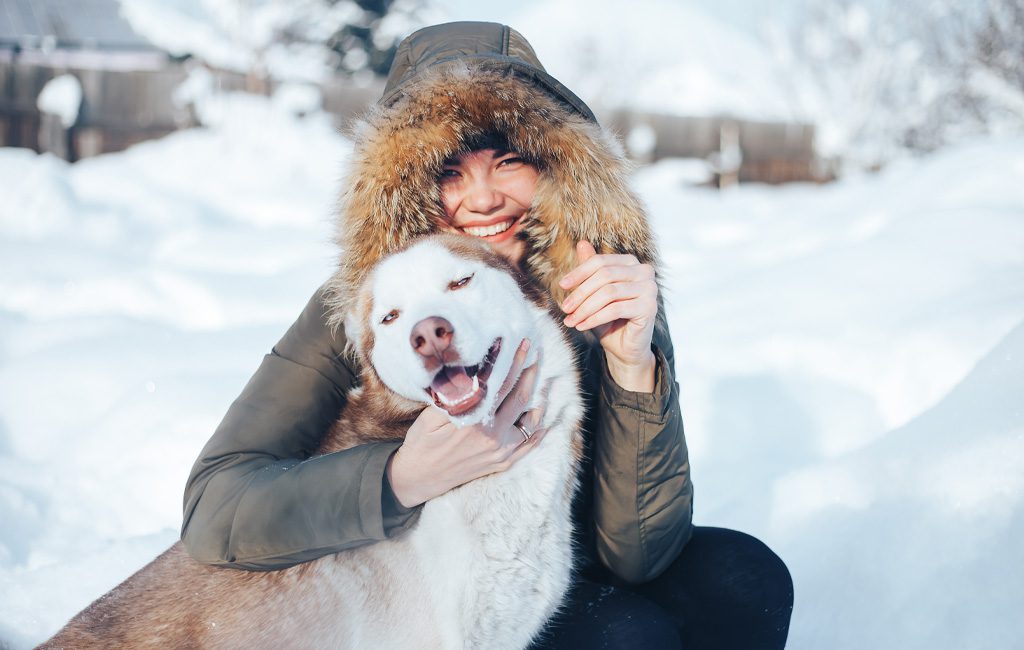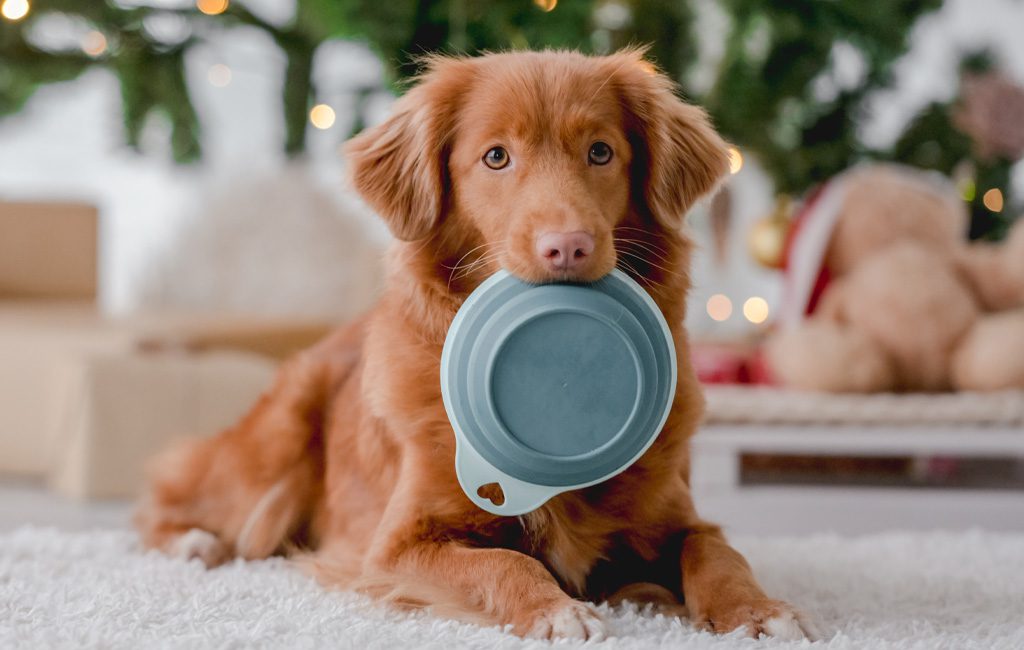Symptoms of Kennel Cough in Dogs in Raleigh, NC
You may have heard of “kennel cough,” a virus that, as you probably guessed, typically circulates through dog kennels. More often than not, a dog will catch kennel cough at least once in their life. It is a common infection of the upper respiratory system called canine infectious tracheobronchitis, and it often goes away on its own. Read on to learn more about kennel cough in dogs and how you can help prevent it.
What Really Causes Kennel Cough in Dogs?
The most common cause of kennel cough is the bacteria Bordetella, for which a preventative vaccination is available. In fact, Bordetella is so often the cause that kennel cough is sometimes referred to as simply Bordetella.
Dogs are at an increased risk for kennel cough if they are placed in a boarding facility, doggy daycare, or grooming salon, or if they visit the dog park. Furthermore, the virus primarily affects dogs who come into prolonged contact with another dog that has already been infected. Kennel cough is easily passed from one dog to another, but the infection is run-of-the-mill and can be prevented through proper vaccinations and other precautions.
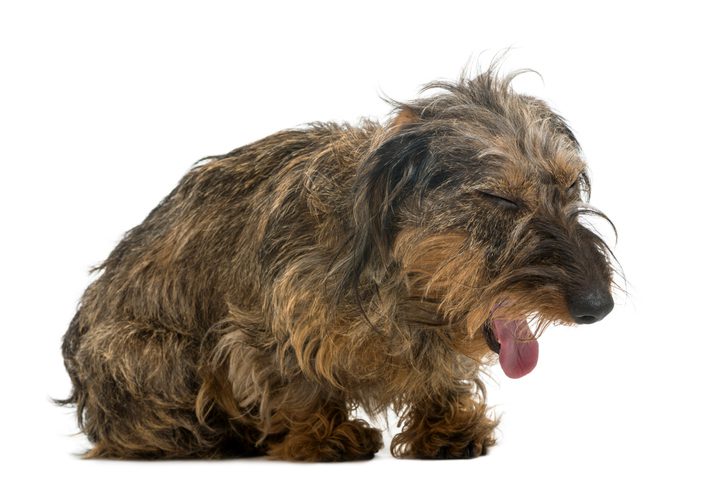
Symptoms of Kennel Cough
Kennel cough is the general term for an infection caused by a wide array of bacteria and viruses. The infection mostly affects the trachea and larynx, or the windpipe and voice box. Though kennel cough is typical enough, it is likely a dog who catches it already has a weakened immune system from another virus such as canine distemper or parainfluenza.
As the name implies, a cough is the main symptom of this illness. It is usually a consistent hard cough, sometimes followed by a runny nose and sneezing. The cough can be dry and unproductive, or wet and mucousy. In more severe cases a dog might lose their appetite and become lethargic, and possibly develop a fever. If the cough lasts more than a few weeks or evolves into more serious symptoms, make an appointment with your veterinarian. Let them know beforehand that your dog might be contagious so that precautions may be taken.
Your dog’s coughing is not just a symptom, but also a means for their illness to spread. When a dog with kennel cough has a hacking fit, the virus and bacteria that cause the illness become airborne, and can easily infect another dog. Kennel cough can also be transmitted through the sharing of toys, food and water dishes, and even bedding.
Kennel cough should not be taken lightly, but in healthy dogs it is very treatable. Some dogs are healthy enough to fight it off with no need for antibiotics or antivirals. Mainly it should be a concern if the dog is very young or very old, or otherwise could be immune compromised. If there are any complications, call a veterinarian as soon as possible.
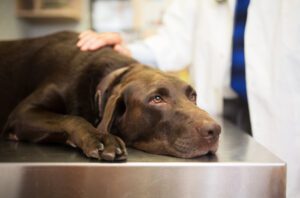
How to Prevent and Treat Kennel Cough in Dogs
If your dog does happen to catch kennel cough, or any contagious illness, the best option is to quarantine them. Quarantine will limit the contamination of their living space and prevent the spread of the illness to other dogs, cats, rabbits, etc.
Some at-home health tips for managing mild cases of kennel cough in dogs:
- A teaspoon of virgin cold-pressed coconut oil
- A teaspoon of raw honey 2-4 times a day
Most dogs are often able to recover from kennel cough on their own within a few weeks. But those with a more severe case of kennel cough will likely need to be recommended a round of antibiotics by their veterinarian, to assist their immune system in fighting off the infection.
Bordetella bronchiseptica, the strain of bacteria that can cause kennel cough in dogs, is mostly preventable with the aid of a vaccine. While the vaccine does not guarantee 100% immunity, it will ensure that your dog’s immune system has a chance to fight kennel cough on its own. The best way to prevent any illness in your canine is to stay up to date with their wellness exams and vaccinations, make sure they get enough exercise, and feed them a balanced diet. This should help to build up your pet’s immune system so they can successfully fight off infection or at the very least, experience only mild symptoms that dissipate quickly on their own.
If you have any questions about your dog’s health in Raleigh, please give our vet a call at (919) 488-5300 today.
Recent Posts
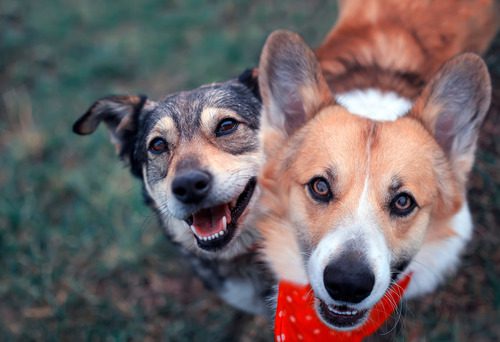
Top 5 Dog Parks in Raleigh, NC

Why Doesn’t My Cat Purr?

Can My Dog Catch COVID?
About Us
At Companion Animal Hospital of Wakefield, our veterinarians in Raleigh, NC, provide better care for your pets. As members of your family, cats and dogs deserve the highest level of medicine with the most compassion. That’s why we put a strong emphasis on personalized care for your pet and client education for you. We believe that when we take the time to help you thoroughly understand your pet’s health, we’re able to make the best decisions for their care together.

